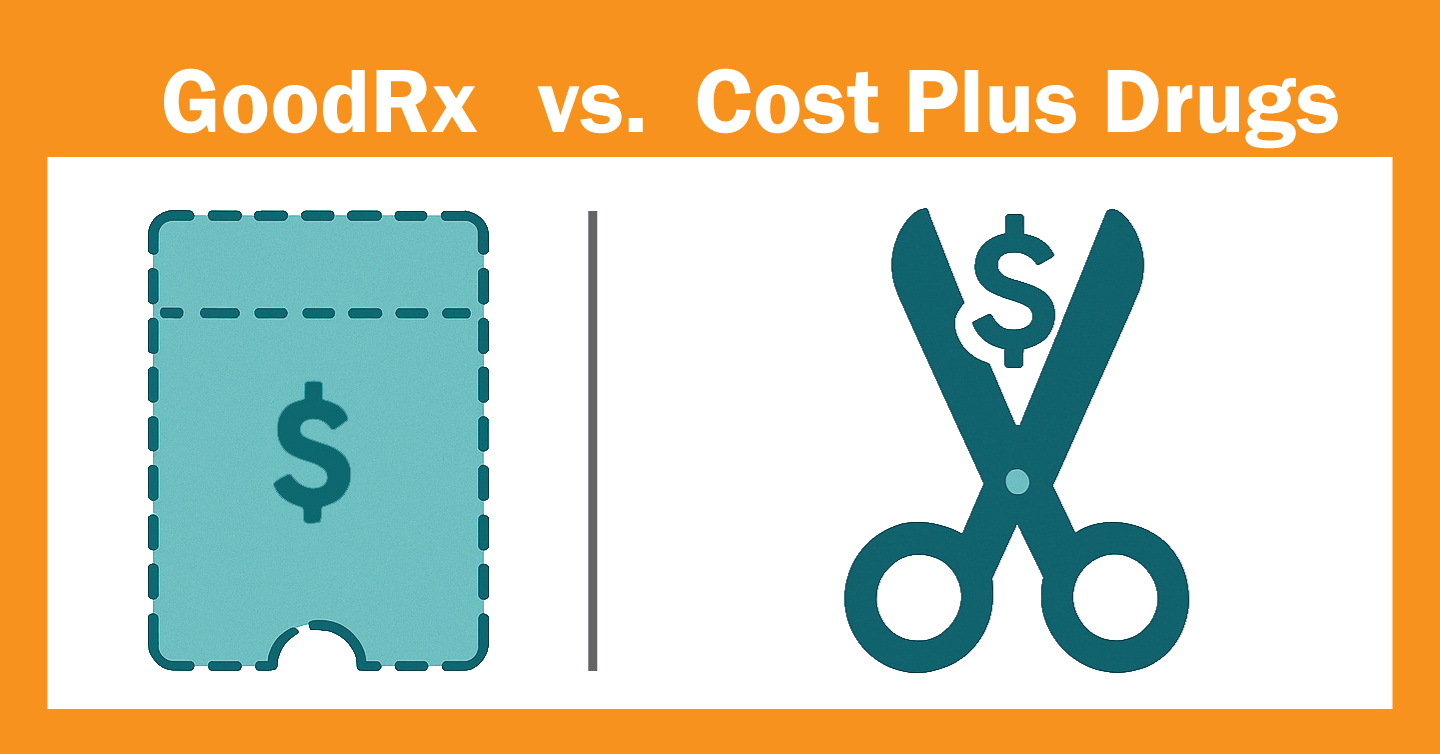Frequently Asked Questions About Alzheimer’s Disease

Madelyn Heikkila, pharmacy intern at Network Health
03/26/2025
When caring for a loved one with Alzheimer's Disease, you're likely to have a lot of questions. We've compiled some of the biggest and provided you with some answers. Read on to learn about some helpful information, tips and resources.
What are commonly prescribed medications for Alzheimer’s? How do the medications work?
Symptom Management
For mild to moderate Alzheimer’s, a class of prescription medications called acetylcholinesterase inhibitors can be utilized to help manage symptoms caused by Alzheimer’s disease. Medications in this class include donepezil, galantamine and rivastigmine. These medications prevent the breakdown of a brain chemical that helps with memory, alertness, and clear thinking.
For moderate to severe Alzheimer’s, donepezil or memantine can be used to help with symptom management. Memantine works by blocking the effects of a chemical in the brain that can become overexcited in patients with Alzheimer’s.
It is important to remember that medications used for symptom management of Alzheimer’s disease will not slow the disease progression.
Recent Medication Developments
Lecanemab (Leqembi) and donanemab (Kisunla) are FDA-approved anti-amyloid monoclonal antibodies that can be used for adults with early symptomatic Alzheimer’s disease, mild cognitive impairment, and mild dementia.
Both anti-amyloid monoclonal antibodies work by binding to amyloid, a protein in the brain, that builds up in the early stages of Alzheimer’s disease, leading to memory impairment and changes in behavior.
The hope was that new therapies would slow progression of Alzheimer’s disease in the early states. A systematic review of four clinical trials looked at the use of donanemab versus placebo in patients with Alzheimer’s. There were limited results from the study in a subset of the study group, in participants which had little amyloid beta plaques. The evidence is unclear if these medications improve the clinical status of those with Alzheimer’s. Additionally, there is risk for brain swelling or bleeding with these medications, so it is important to have a risk versus benefit discussion with your provider since the risk may be greater than benefits.
Another important consideration with the monoclonal antibodies is that they are expensive medications, frequent infusions and may not be covered under your insurance plan. It is important to discuss with your provider when determining treatment options.
What over the counter (OTC) supplements or medications may some people falsely believe will help Alzheimer’s patients?
Prevagen® is a commonly known OTC supplement that claims to help with memory. The main ingredient contained in Prevagen® is apoaequorin, a substance that is from a jellyfish species. A clinical study to evaluate the effectiveness of Prevagen® did not include any patients with Alzheimer’s, so the results are limited and cannot be applied to those with Alzheimer’s. For more information about Prevagen®, speak with your primary care provider or pharmacist.
Dietary supplements, like Prevagen®, are not indicated for the diagnosis, treatment, cure or prevention of Alzheimer’s disease. If you are experiencing early signs or symptoms of Alzheimer’s disease, it is important to contact your primary care provider to discuss FDA-approved prescription treatment options to help with symptom management or potentially slowing of disease progression.
What tips are recommended to ensure patients take their medication as prescribed?
There are a variety of tools to help with medication adherence. Common methods to help ensure that patients are taking their medications as prescribed include a pill box, pill calendar, and mobile devices, like Medisafe. These methods help the patient take the right medication on the right day and time.
Another method to help with medication adherence includes having a family member, friend or caregiver help manage the medications. If there is another individual helping with medication adherence, they can utilize any of the adherence methods as reminders to administer medications to their patient.
Check out this Network Health brochure that discusses ways to remember to take your medications.
How can caregivers develop personalized care plans to address medical, emotional, and social needs of Alzheimer’s patients?
Ensure that the Alzheimer’s patient has a supportive healthcare team to assist during the disease progression. Members of the healthcare team that will be beneficial to an Alzheimer’s patient includes the primary care provider, neurologists, geriatricians, geriatric psychiatrists, clinical or neuropsychologists, speech, physical, and occupational therapists, nurses, home health aides, and pharmacists. Having a well-rounded care team will allow for addressing medical, emotional, and social needs for Alzheimer’s patients.
Patients with Alzheimer’s could develop a dementia care plan to help assist with their medical, emotional, and social needs. SpringHills has some recommended components for a dementia care plan such as assessing individual needs, establishing goals and objectives, and identifying support systems.
Are there any innovations in treatments, medications or programs that could change how Alzheimer’s is treated in the next 10 years? 20 years?
The Centers for Medicare and Medicaid Services (CMS) is now making PET imaging for the diagnosis of Alzheimer’s disease more accessible. Specific details on the coverage are made by the Medicare Administrative Contractors (MACs). By making amyloid PET imaging more accessible, it should enable earlier and more accurate diagnosis, which can lead to better care management.
Mayo Clinic discussed what treatments are on the horizon for Alzheimer’s treatment. Some methods that are being looked at for treatment options include targeting brain plaques, preventing destruction in the brain, avoiding brain proteins from tangling, and reducing inflammation in the brain.
What community resources and support groups are available for Alzheimer’s patients and their families in Wisconsin?
- Alzheimer's Association | Alzheimer's Disease & Dementia Help
- Alzheimer's Association WI Support Groups
- Fox Valley Memory Project
- Dementia Care: Resources | Wisconsin Department of Health Services
What tools and metrics are most effective in monitoring the progression of Alzheimer’s in patients?
It is important to note that there is no one test or diagnostic tool that can determine if a person is living with Alzheimer’s or dementia.
The National Institutes of Health lists the following tools for Alzheimer’s monitoring.
- PET scans can be utilized to detect abnormal beta-amyloid plaques and protein tangles in the brain.
- Lumbar puncture to assess the cerebrospinal fluid as a biomarker for abnormal beta-amyloid or protein tangles in the brain.
- Blood-based biomarkers like beta-amyloid can be used to predict amyloid plaques in the brain.
The Alzheimer's Association lists many of the cognitive screening assessments that can also be utilized to evaluate patients with Alzheimer’s.
- General Practitioner Assessment of Cognition (GPCOG)
- Mini-Cog – Screening for Cognitive Impairment in Older Adults
- Memory Impairment Screen
The CDC has recommendations to help integrate Alzheimer’s care into the overall healthcare management.
Professional meetings or presentations with medical staff can help educate health care team members about how to best manage Alzheimer’s care along with other chronic health conditions. Schedule a meeting with the local Alzheimer’s Association chapter to learn more about integration of care.
There are no screening recommendations for Alzheimer’s, but healthcare providers should remain alert to early signs or symptoms of Alzheimer’s dementia through appointments and assess as appropriate.
How can continuity of care be maintained when transitioning from one caregiver to another, for example, from family member to family member or from a family member to a facility?
The 7 Day Home Care facility provides excellent tips for the continuity of care in patients with Alzheimer’s and dementia. Listed below are suggested recommendations to help with transitions of care.
- Ensure the caregiver understands the patient’s medication regimens to help with adherence and symptom management.
- Familiarize the patient with the new caregiver to establish a sense of familiarity and trust.
- Keep a consistent routine for the patient to minimize behavioral disturbances and promote a sense of security.
- Familiarize the new caregiver with the patient’s communication style and behaviors so they can effectively communicate with the patient and understand their needs.
- Personalize care for each patient, as everyone has unique needs.
If you or a loved one has a Network Health plan, please don’t hesitate to reach out to better understand your coverage when it comes to Alzheimer’s Disease care.



